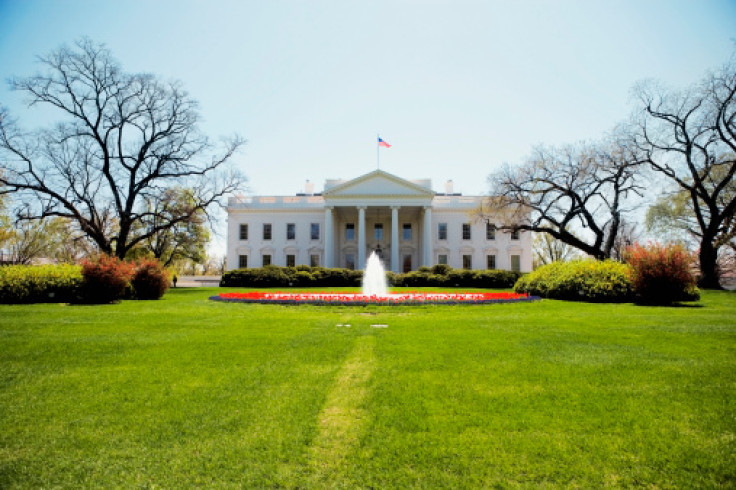Obama administration reaches out to Muslim and Sikh communities

US President Barack Obama's top administrative staff sat down with Muslim and Sikh religious leaders to discuss the backlash and growing intolerance towards their communities. Muslims in particular are being targeted in the wake of the deadly San Bernardino shootings and the Paris attacks, both of which were inspired by radical Islamist agendas fuelled by the Isis.
"The White House would use the outreach to discuss the concerns of the communities and discuss efforts to combat discrimination and highlight the need for welcoming all faiths and beliefs. The kind of offensive, hateful, divisive rhetoric that we've seen from a handful of Republican candidates for president is damaging and dangerous," said White House press secretary Josh Earnest. He clarified that Obama would not be a part of these meetings.
Valerie Jarrett, senior adviser to Obama, and Melissa Rogers, head of the White House Office of Faith-Based and Neighbourhood Partnerships, held a conference call with leaders of all religions from across the country. "Spoke with 890+ religious leaders to thank them for speaking up for every American's right to be free from religious discrimination," Jarrett tweeted.
Spoke with 890+ religious leaders to thank them for speaking up for every American’s right to be free from religious discrimination
— Valerie Jarrett (@vj44) December 14, 2015A meeting was also held at the White House with representatives of the Muslim community. Among them were Maya Berry of the Arab-American Institute, Imam Khalid Latif, a New York Police Department chaplain, and Farhana Khera, executive director of the legal advocacy group Muslim Advocates. On 17 December, the White House will host another meeting with various religious and social leaders to discuss religious harmony.
A number of hate crimes have been reported in the US following recent terrorist attacks, particularly after the San Bernardino, California, shooting. Syed Farook and Tashfeen Malik, both inspired by the Islamic State (Isis), gunned down 14 people in San Bernardino.
According to a CNN report, this year there have been 63 incidents targeting mosques. Most involved harassment, vandalism, threats, or destruction. In November alone, there were 17 anti-Muslim incidents at mosques.
The incidents ranged from hackers replacing the home page of an Islamic centre in Phoenix, Arizona, with a site that read "Vive le France" to a man in Virginia leaving a fake explosive device at a mosque's front gate. In addition, some politicians, most prominently Republican presidential candidate Donald Trump, have suggested a clampdown on mosques and suspicious activities by Muslims.
Allaying Sikh concerns
Apart from the Muslim leaders, Cecilia Munoz, director of the White House Domestic Policy Council, will lead a team to address the concerns of the American Sikh community and discuss how the administration can work with them to address concerns and challenges that they face. Sikhs, mistaken for Muslims, have been at the receiving end of various racist attacks.
Recently, a group of Sikh men were denied access to a stadium in San Diego, California, for a football game because they were wearing turbans. Earlier in 2012, in a racist attack a white male had opened fire at a Sikh temple in Milwaukee, killing six people.
© Copyright IBTimes 2024. All rights reserved.





